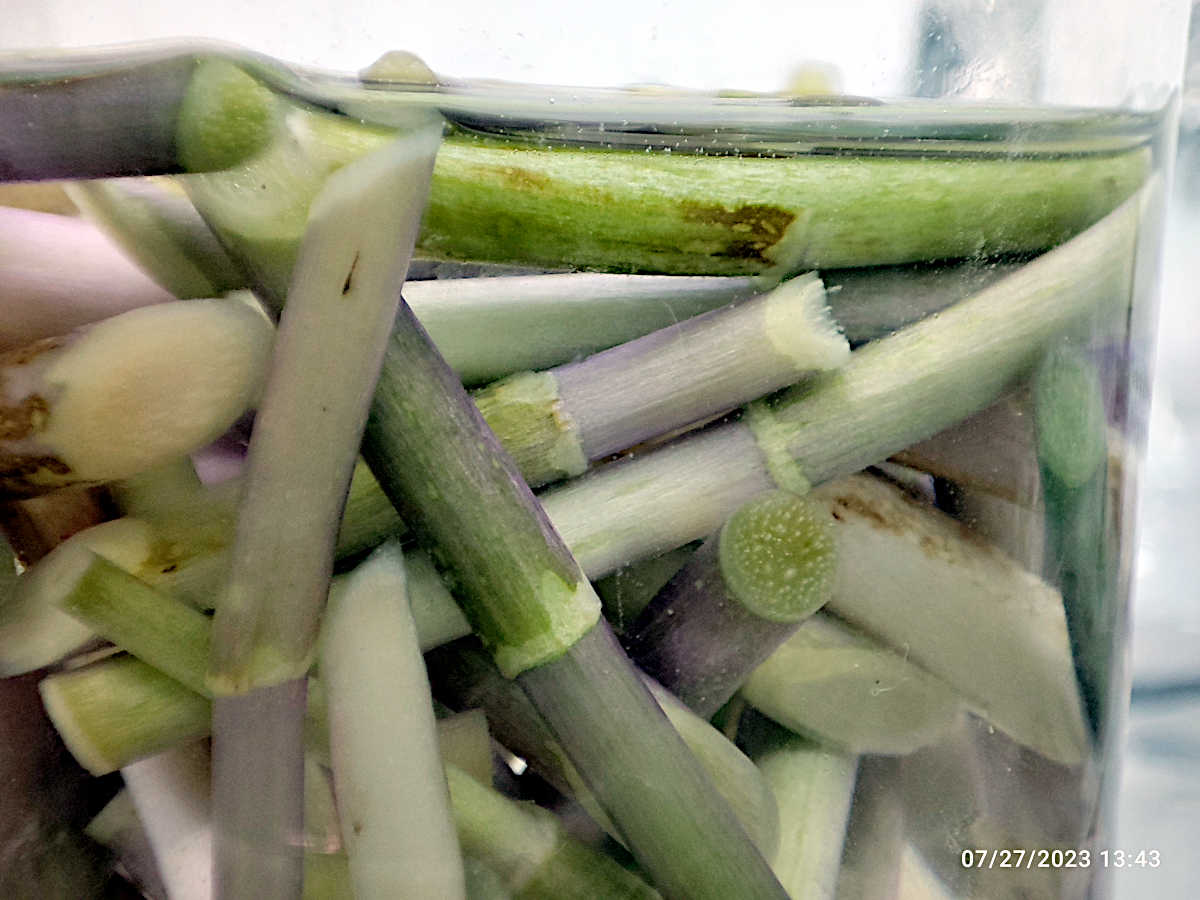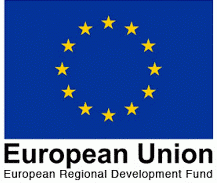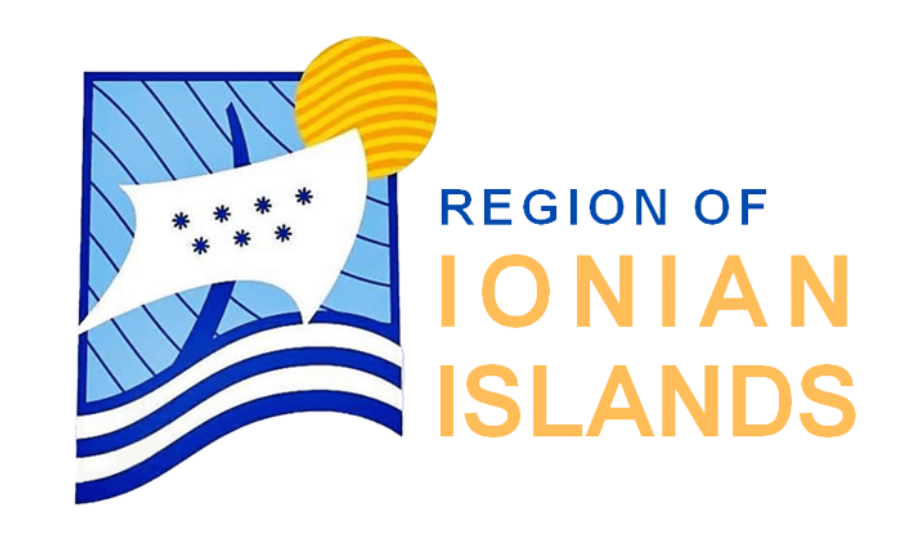Discussion
Expected Results and Impacts
An economy that is primarily based on a single productive sector, such as tourism, is particularly vulnerable to perturbances in the global economic and geopolitical environment. This premise was vividly demonstrated during recent refugee crises, the Covid-19 health crisis, and military conflicts. As in nature, diversity is a factor that stabilises systems, in this case the socio-economic system.
This is because diversity allows the system to recover from temporary perturbations, thereby increasing its resilience. The diversification of economic activity fuelled by innovation in the primary sector contributes to a more diverse, therefore robust, economy. The added value that can result from the cultivation and processing of native medicinal plants may contribute to sustaining a higher level of employment in the Ionian Islands year-round. At the same time, innovation in the primary sector contributes to a more extrovert local economy, since the products are primarily intended for export.
The stakeholders directly benefitting from the innovation will be entrepreneurial farmers of the Ionian Islands with proclivity towards innovation and extroversion. Indirectly, the Region of Ionian Islands will benefit overall through conservation of biogenetic resources, a valuable asset that can be further developed in the future. Specifically, the development of propagation and cultivation techniques for the wetland taxon Anacamptis laxiflora is a significant measure for the ex situ preservation of coastal biodiversity that is threatened by rising sea levels as a consequence of climate change. Likewise, the development of propagation and cultivation techniques for the taxa Epipactis helleborine και Scutellaria rupestris that dwell mostly in mountain ecosystems is a significant measure for the ex situ preservation of mountain biodiversity that is threatened by overgrazing, clearcutting, wildfires, and soil erosion.

Implementation of Results
The experience from the in vitro propagation of medicinal species and their establishment outdoors and in the greenhouse led to protocols that can be exploited by plant nurseries to produce propagation material, and by farmers to cultivate the plants as raw material for the production of therapeutic formulations.
The propagation protocols can be utilised for the future re-introduction of species in disturbed ecosystems. The full-blown climate crisis that is underway underscores the urgency to establish "arks" of coastal plant species such as the lax-flowered orchid that are threatened by imminent sea level rise. Likewise, the mountain biotope of the broad-leaved helleborine and the skullcap is severely degraded by anthropogenic activities. Already the conservation status of the Cephalonian subspecies of skullcap has been characterised as "endangered".
The laboratory infrastructure that was upgraded thanks to the BIOCONSION project and the development of protocols for in vitro propagation will be utilised by the scientific staff of the Ionian University to further the study of the three taxa of interest. A promising research topic is the molecular identification of the taxa though DNA sequencing that can be registered in international databases accessible to the scientific community.
The results from the isolation and description of the bioactive metabolites of the medicinal plants will be exploited by the scientific community for further laboratory and clinical trials of these compounds and by the pharmaceutical and cosmetics industries to develop novel pharmaceuticals and/or cosmetics.
Finally, the dissemination of the results will educate the public and build self-respect to local residents who now realise the rich and valuable biodiversity of their islands. The resulting publicity may contribute to attracting visitors that are oriented toward ecotourism. The share of ecotourism as a proportion of the total tourist sector takes on particular importance during the low season, before visitors arrive en masse. The low tourist season (late spring to mid summer) happens to coincide with the flowering of the species of interest.
Co-Financed by Greece and the European Union



